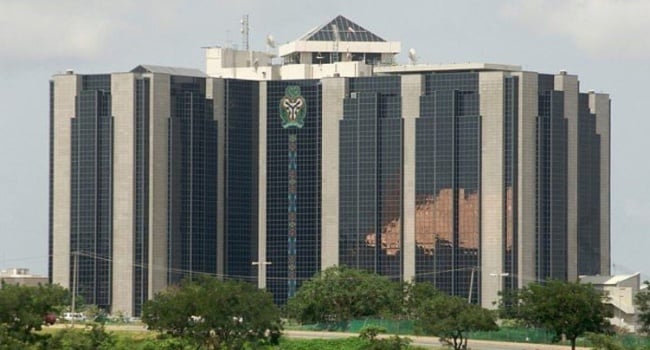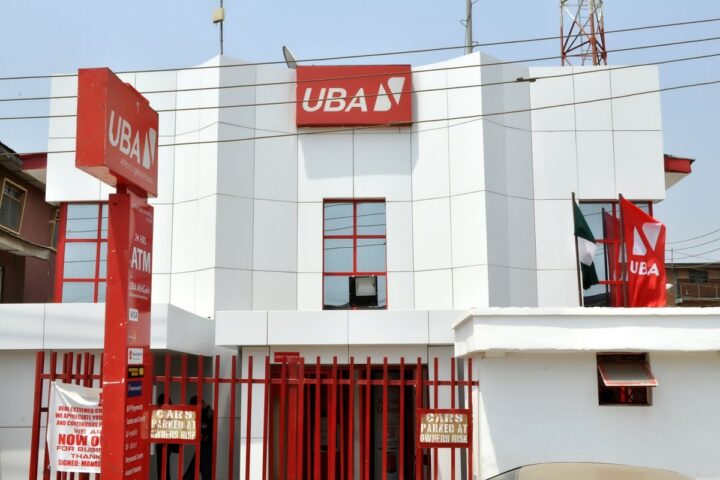Central Bank of Nigeria headquarters.
The Central Bank of Nigeria (CBN) says some provisions in the proposed investment and securities bill (ISB) 2024 of the Securities and Exchange Commission (SEC) could conflict with existing laws on money laundering.
Tukur Galadima, a representative of the CBN, raised the concern on Thursday during a public hearing in Abuja.
The bill seeks to repeal the Investment and Securities Act of 2007, established by the senate committee on capital market.
Galadima said a major issue in the proposed bill was the term “public companies” in the SEC’s expanded regulatory remit.
Advertisement
He said the proposed legislation is such that the SEC would be given absolute powers over public companies.
According to Galadima, public companies include banks and other financial institutions which are within the purview of the central bank.
“I think if we take last year’s harmonised position, that problem will be easily solved,” he said.
Advertisement
Galadima also advised the committee to remove the provision in the proposed law, specifically section 193, which allows for investment in multi-currency.
“The issue of currency is strictly with CBN,” he said.
The lawmaker further warmed that the provisions in the bill allowing cash purchases of securities, contravenes the Foreign Exchange (monitoring and miscellaneous provisions) Act of 1995, and would encourage money laundering.
“That is illegal as it is now. You cannot also use cash to buy real estate,” Galadima said.
Advertisement
“There are several transactions that you cannot do with cash under that Act.
“So, for you now to say that somebody can use cash to buy securities, that is completely illegal.”
Galadima, however, assured that the CBN totally supports the amendment of the investment and securities Act.
He urged the senate to look into its observations for effective regulation alongside the SEC.
Advertisement
“We are, as always, willing to work with SEC, to work with the committee, to work with all the stakeholders to ensure that the bill is speedily passed”, he added.
On his part Emomotimi Agama, director-general of the SEC, in his submission, said the functions and powers of the SEC were separated and stratified in the new bill.
Advertisement
Agama said the new functions and powers provided will strengthen the SEC’s enforcement capacity to enable it to retain its signature status, registering and regulating derivatives markets, registering and regulating collateral management companies, and sanction unauthorised and illegal deals in securities and investment schemes.
Advertisement
Add a comment









